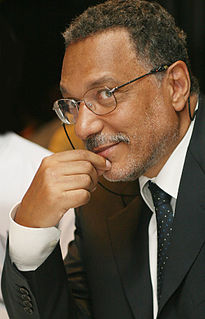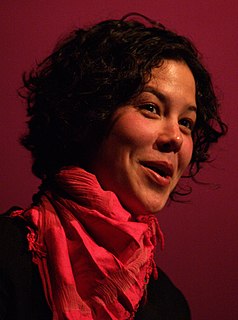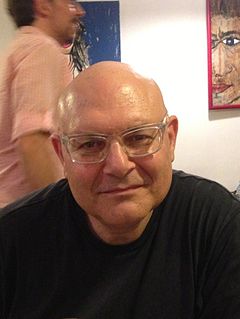A Quote by Tom Felton
The actual course is called fishery studies, and you study general aquatics and fishery management.
Related Quotes
We scientists can argue forever about important topics like slightly different flavors of vanilla ice cream. Consider the silliness of this debate: one group of scientists found a 90% decline of big fish and criticized fishery management. Some other scientists found an 80% decline and started a big argument with the 90% people. Who cares if it's 80% or 90%? The real question is whether it's OK to let fishermen take most of the big fish out of our oceans.
A standard saying among fly fishermen is that trout spend anywhere from 80 to 90 percent of their time feeding below the water's surface on the immature forms of aquatic insects. Some anglers are even more precise, but whatever the exact percentage , it's safe to say that to fully appreciate any tailwater fishery you will have to learn the fine art of nymphing.
General editors' preface The growth of translation studies as a separate discipline is a success story of the 1980s. The subject has developed in many parts of the world and is clearly destined to continue developing well into the twenty-first century. Translation studies brings together work in a wide variety of fields, including linguistics, literary study, history, anthropology, psychology, and economics. This series of books will reflect the breadth of work in translation studies and will enable readers to share in the exciting new developments that are taking place at the present time.
Economics, over the years, has become more and more abstract and divorced from events in the real world. Economists, by and large, do not study the workings of the actual economic system. They theorize about it. As Ely Devons, an English economist, once said in a meeting: 'If economists wanted to study the horse, they wouldn't go around and look at horses. They'd sit in their studies and say to themselves, `What would I do if I were a horse?' '
The arrival of the Barbary pirates radically changed English attitudes. Instead of patriotic pirates plundering foreign cargoes and bringing them homes to enrich their countrymen, the 'Turks' were in the usual Mediterranean business of slave-raiding - and now the English were the victims. The West Country men suffered the heaviest, and did not appreciate the irony. The Newfoundland fishery, dominated by Devon ports, lost at least 20 ships in 1611 alone.
































